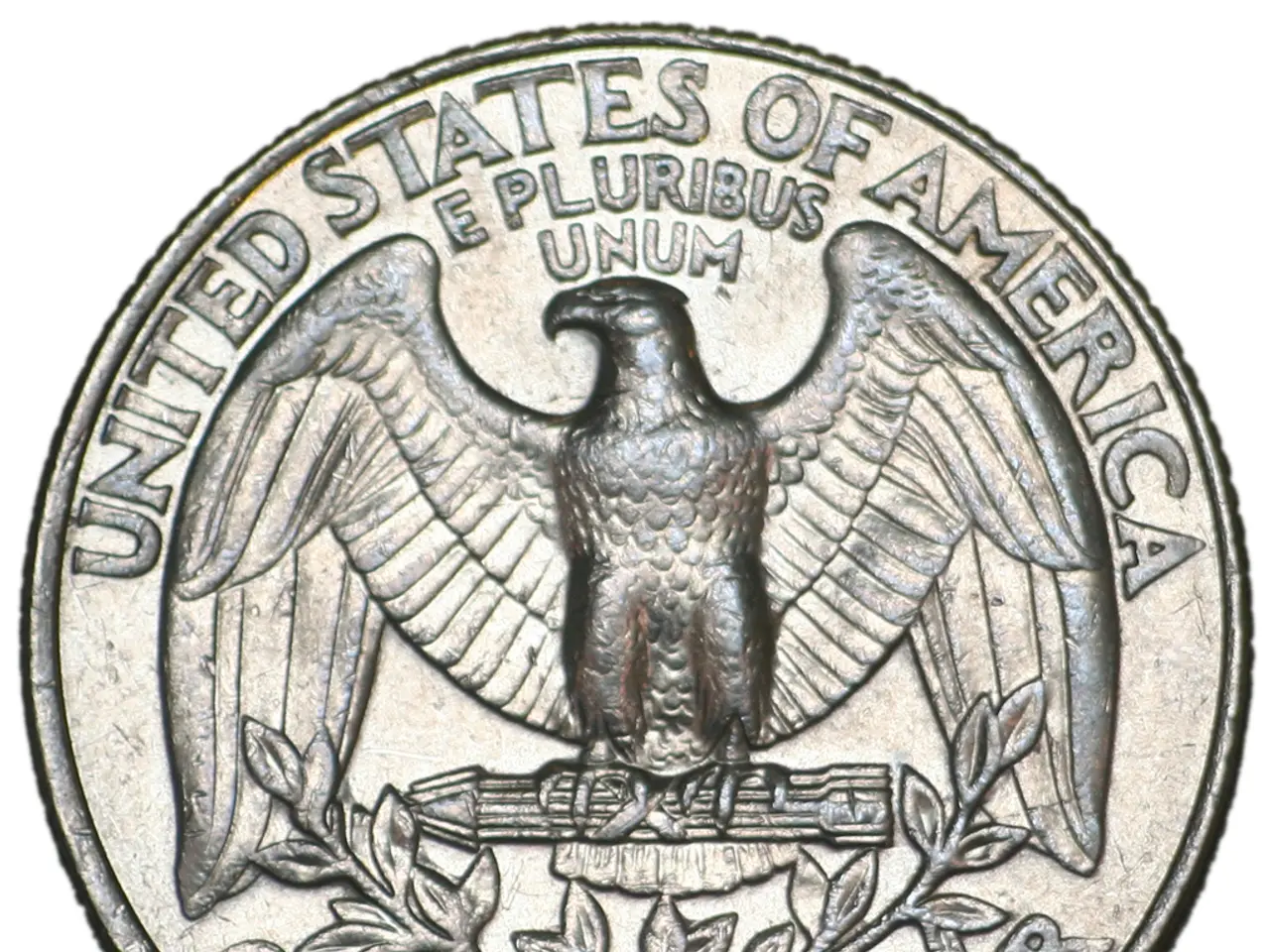Transition period for payment token regulation comes to an end, ushering in a fresh era for digital asset oversight in the UAE
The United Arab Emirates (UAE) has taken a significant step forward in its digital asset journey, with the full implementation of the Payment Token Services Regulation (PTSR) across mainland UAE, excluding financial free zones. This regulatory framework, overseen by the Central Bank of the United Arab Emirates (CBUAE), sets out a comprehensive framework for the regulation of digital payment token services.
The PTSR is part of the CBUAE's broader strategy to modernize the financial ecosystem, creating a more secure and interoperable financial ecosystem. Entities offering payment token services in the UAE are required to meet the licensing and operational standards set out by the CBUAE.
The CBUAE's decision to permit stablecoin cryptocurrencies for payments marks a significant step towards mainstream adoption of digital assets. The UAE's dual approach of establishing a regulated digital currency and permitting stablecoins is expected to accelerate the development of innovative financial solutions, including cross-border transfer solutions.
The framework also includes stringent consumer protection, anti-money laundering, and cybersecurity measures, ensuring the safety and security of all transactions. The implementation of these standards establishes the UAE as a fintech hub and regional leader in digital assets.
In a notable development, the CBUAE has licensed AE Coin, the UAE's first regulated stablecoin provider. This move signals that the regulatory framework is now moving into full operational effect. The licensing of AE Coin is a significant milestone in the UAE's commitment to building a token-ready system.
The UAE is also introducing the digital dirham, a central bank digital currency (CBDC). The digital dirham is an important step in the UAE's digital asset strategy, further solidifying its position as a leader in the field.
Other countries, such as the US and UK, are also rapidly progressing regulation in this area. In May, the UK published draft legislation to regulate certain types of cryptoassets, demonstrating a global trend towards the formalization of digital asset use.
The implementation of the PTSR is expected to have far-reaching implications, opening the door for the development of cross-border payment solutions using stablecoins and tokenized currencies. Businesses operating in the digital payment token space must ensure they are fully licensed or registered to continue offering services.
As the UAE continues to pioneer in the digital asset space, it is positioning itself as a beacon of innovation and regulatory excellence in the global fintech landscape.
Read also:
- Nightly sweat episodes linked to GERD: Crucial insights explained
- Antitussives: List of Examples, Functions, Adverse Reactions, and Additional Details
- Asthma Diagnosis: Exploring FeNO Tests and Related Treatments
- Unfortunate Financial Disarray for a Family from California After an Expensive Emergency Room Visit with Their Burned Infant








